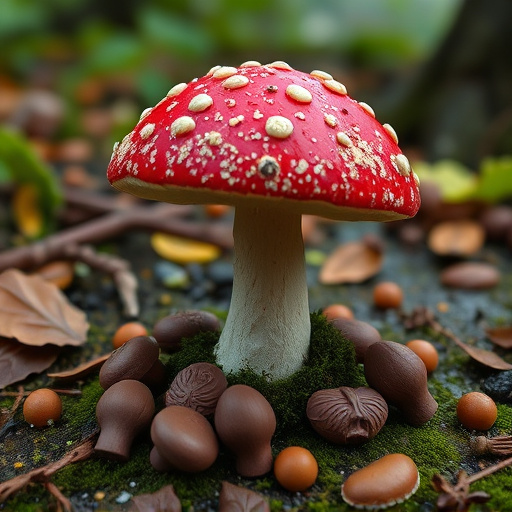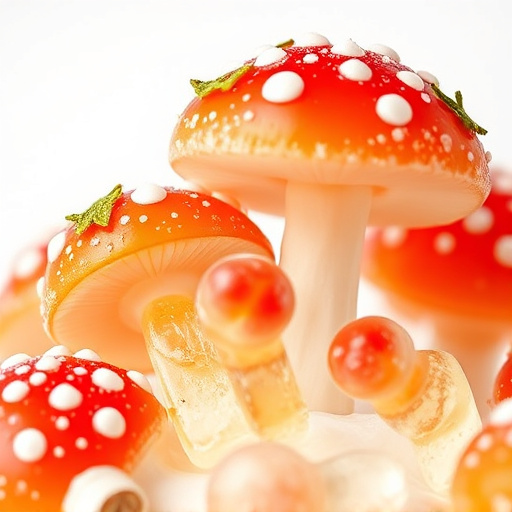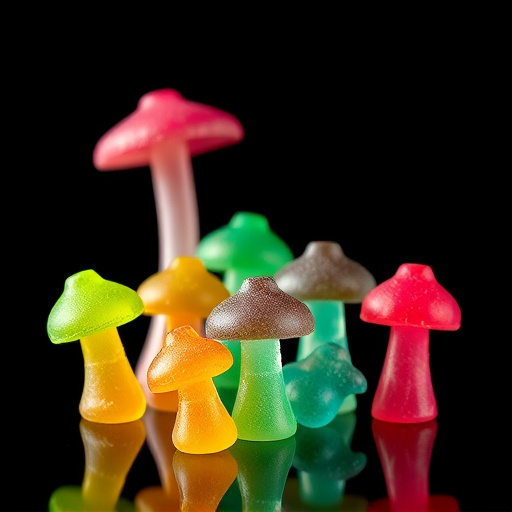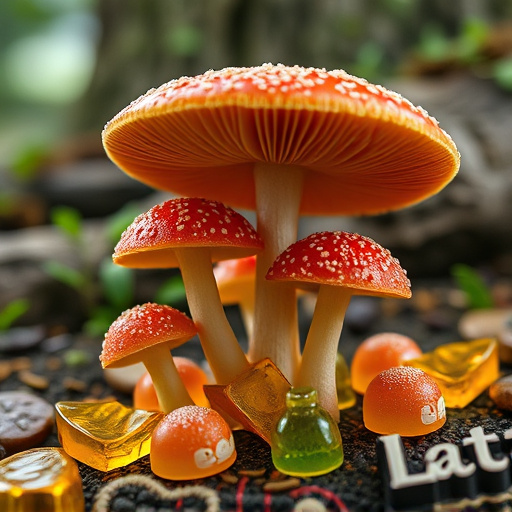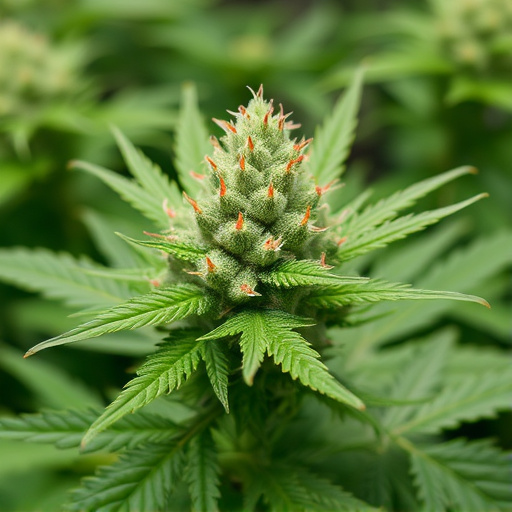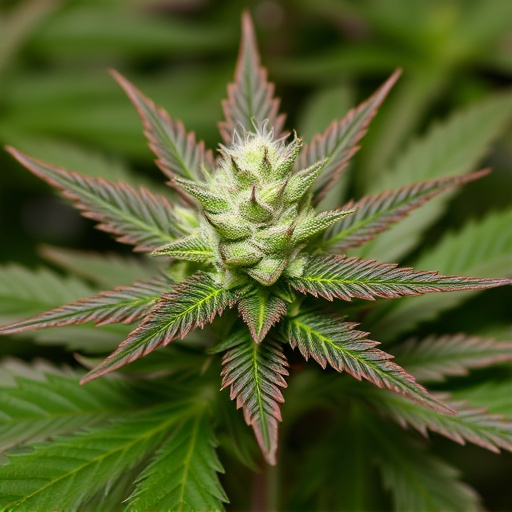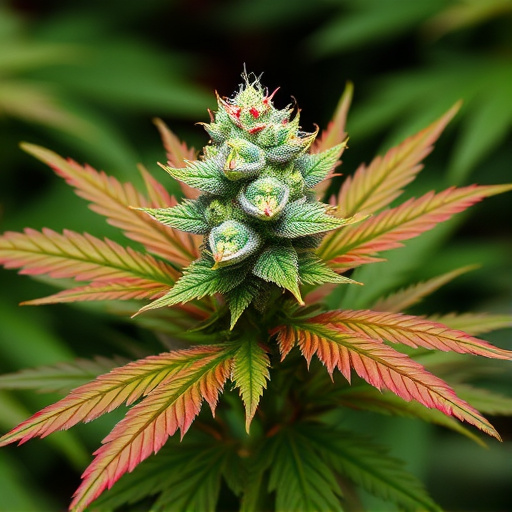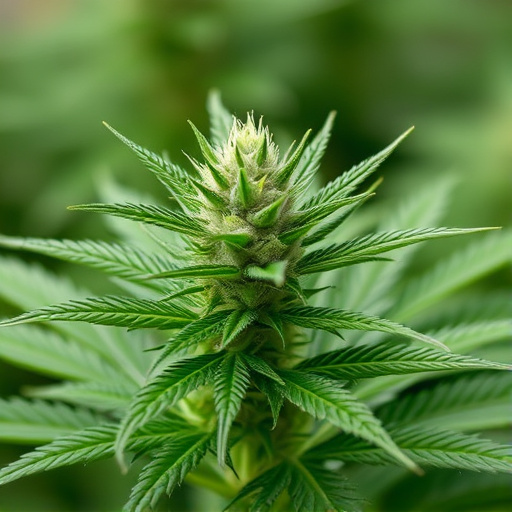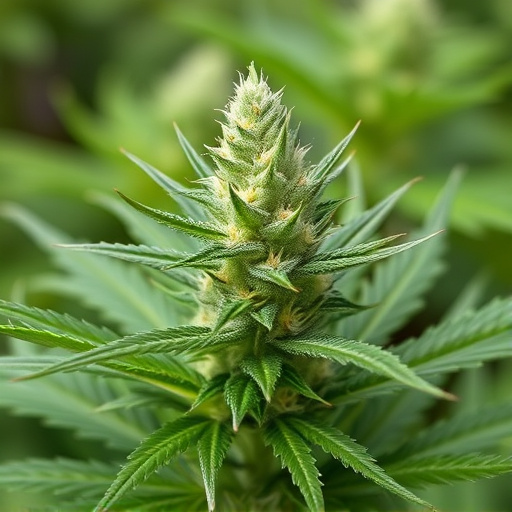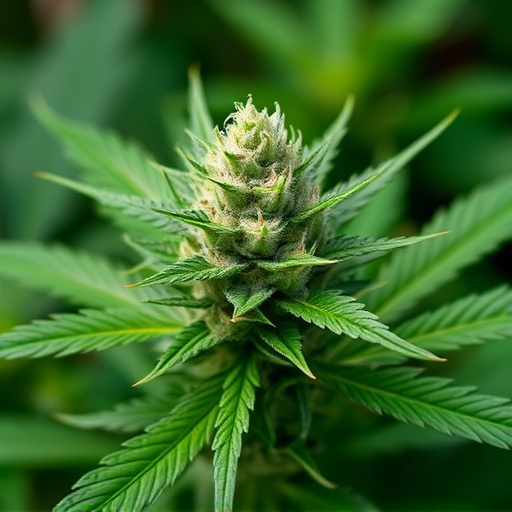Cannabis' impact on mental health is varied, with specific strains offering potential benefits for ADHD management based on their THC and CBD content. High-CBD, low-THC strains promote calmness, while balanced strains may stimulate cognitive functions without causing anxiety. However, individual responses differ, and risks include dependence; thus, consulting healthcare professionals is essential for tailoring safe, effective treatment plans that complement traditional therapies.
Can weed make you happier? Despite ongoing debates, research suggests a complex connection between cannabis and mood. This article delves into the science behind this relationship, exploring how specific cannabis strains may aid in managing ADHD symptoms. We’ll also discuss the delicate balance between potential benefits and risks, offering insights for informed decision-making regarding cannabis use. Remember that understanding your options is crucial when considering alternative therapies, especially when it comes to cannabis strains for ADHD.
- Understanding the Connection Between Cannabis and Mood
- Exploring Cannabis Strains for ADHD Symptom Management
- Balancing Risks and Benefits: A Word of Caution
Understanding the Connection Between Cannabis and Mood
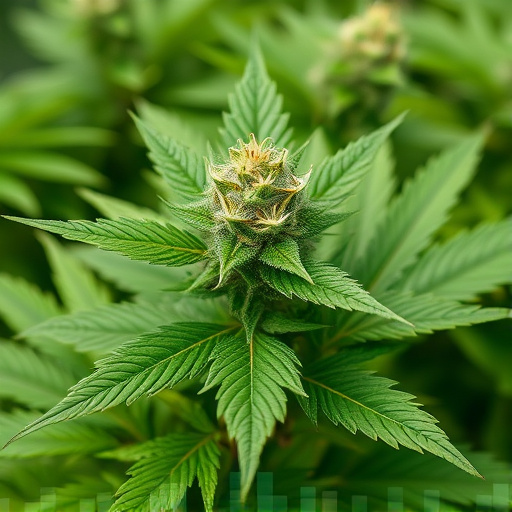
Cannabis has been a subject of interest in understanding its impact on human mood and mental health for many years, especially with growing legalizations worldwide. Research suggests that the connection between cannabis and mood is more complex than previously thought. While some people claim that cannabis use improves their overall happiness and well-being, others experience adverse effects. This discrepancy can be attributed to various factors, including individual biochemistry, the specific type of cannabis consumed (and its THC and CBD levels), and personal expectations.
THC, the primary psychoactive compound in cannabis, is known to interact with our endocannabinoid system, which plays a role in regulating mood, memory, and appetite. High-THC strains have been associated with feelings of euphoria and relaxation for some users. Conversely, cannabis strains with higher CBD levels (a non-psychoactive compound) are gaining attention for their potential benefits in managing symptoms of conditions like ADHD, anxiety, and depression. Some studies indicate that CBD may help regulate serotonin receptors in the brain, which are linked to mood disorders. Thus, understanding the specific cannabis strains for ADHD or other mental health issues is essential when considering whether cannabis can make one happier.
Exploring Cannabis Strains for ADHD Symptom Management
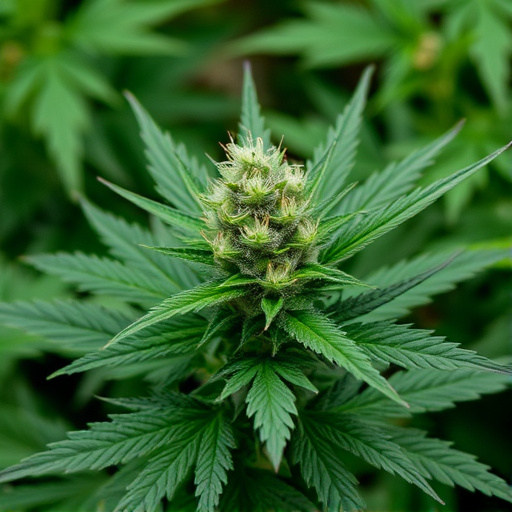
For individuals living with Attention Deficit Hyperactivity Disorder (ADHD), exploring cannabis strains can offer a potential avenue for managing symptoms. Certain cannabis strains are known to have effects that may help improve focus, enhance concentration, and reduce impulsivity – common challenges faced by those with ADHD.
Different cannabis strains contain varying levels of cannabinoids like THC and CBD. Research suggests that specific ratios of these compounds may interact with the endocannabinoid system in ways that benefit individuals with ADHD. For instance, some strains high in CBD are believed to promote calmness and clarity, while others with a balance of THC and CBD might stimulate cognitive functions without causing overwhelming anxiety or paranoia, which can be beneficial for focus and organization.
Balancing Risks and Benefits: A Word of Caution
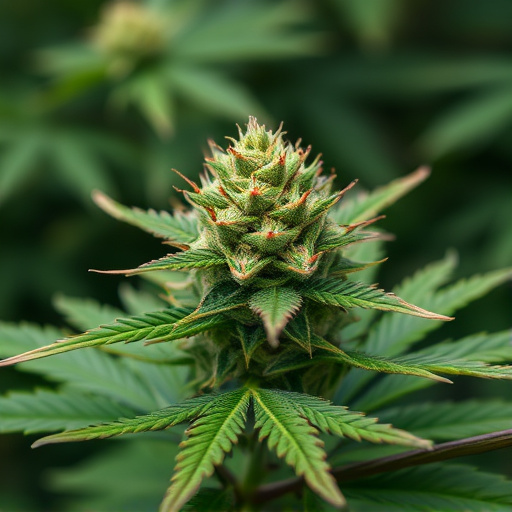
While cannabis has been shown to offer potential benefits for certain conditions, including ADHD symptoms in some cases, it’s crucial to balance risks and rewards. Not everyone responds to cannabis in the same way, and what works for one person might not be suitable for another. Moreover, regular use can lead to dependence and other health issues. The right approach involves consulting healthcare professionals who can guide individuals on appropriate cannabis strains for ADHD or other conditions, ensuring a safe and effective treatment plan tailored to their specific needs.
Using cannabis as a quick fix without proper guidance can create challenges. It’s important to remember that it may not be suitable as a standalone treatment for complex conditions like ADHD. Instead, it should complement traditional therapies or medication under the supervision of a healthcare provider. By striking a balance between exploring potential benefits and being mindful of risks, individuals can make informed decisions about their well-being.
While cannabis has shown potential in managing ADHD symptoms and improving mood, it’s crucial to approach its use with caution. Different cannabis strains can positively impact mental well-being, but individual responses vary greatly. Further research is needed to fully understand the long-term effects, especially for young adults and those with pre-existing mental health conditions. Until then, exploring cannabis as a complementary therapy should be done under professional guidance, balancing potential benefits against risks for optimal mental health outcomes.
